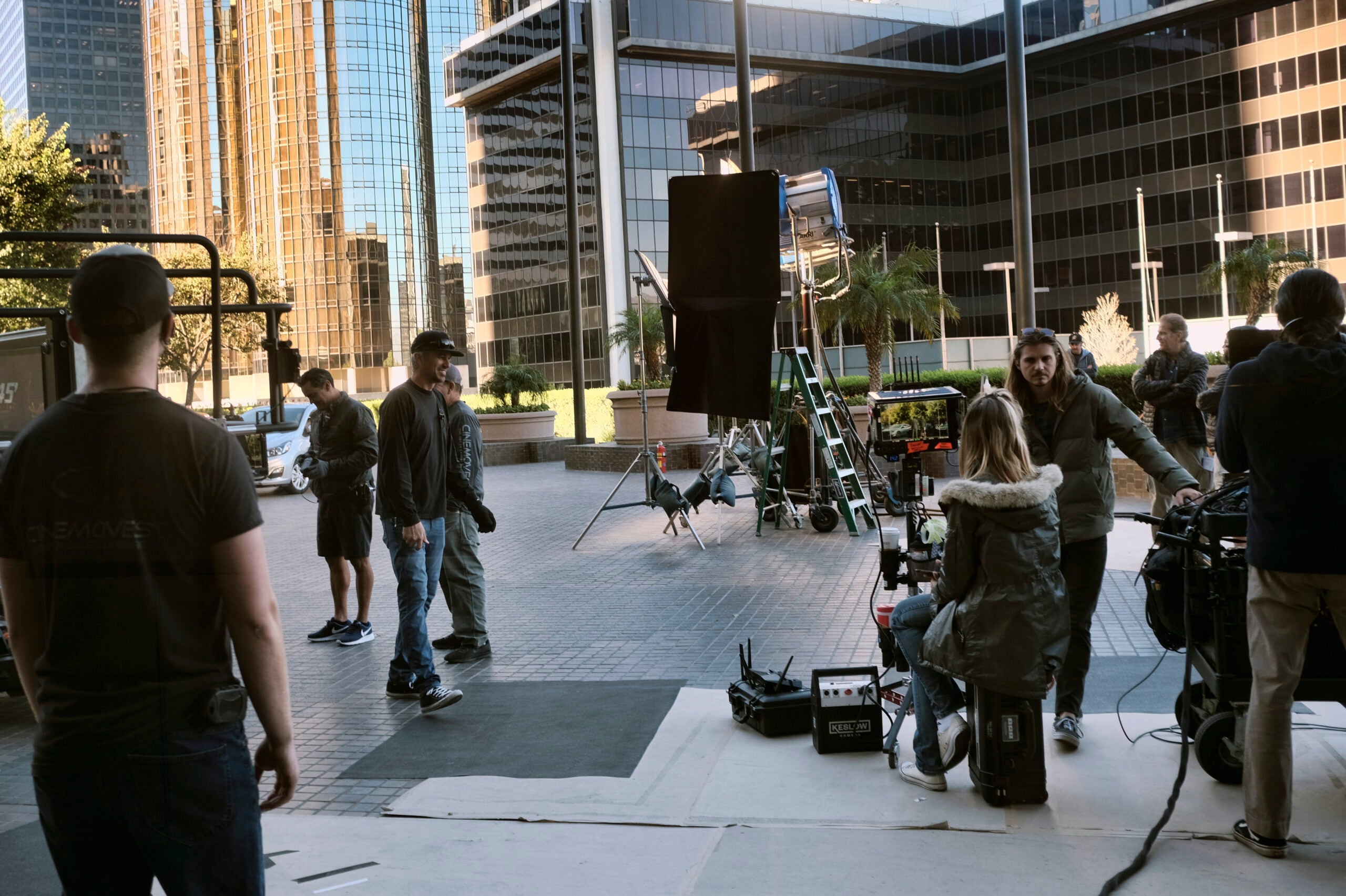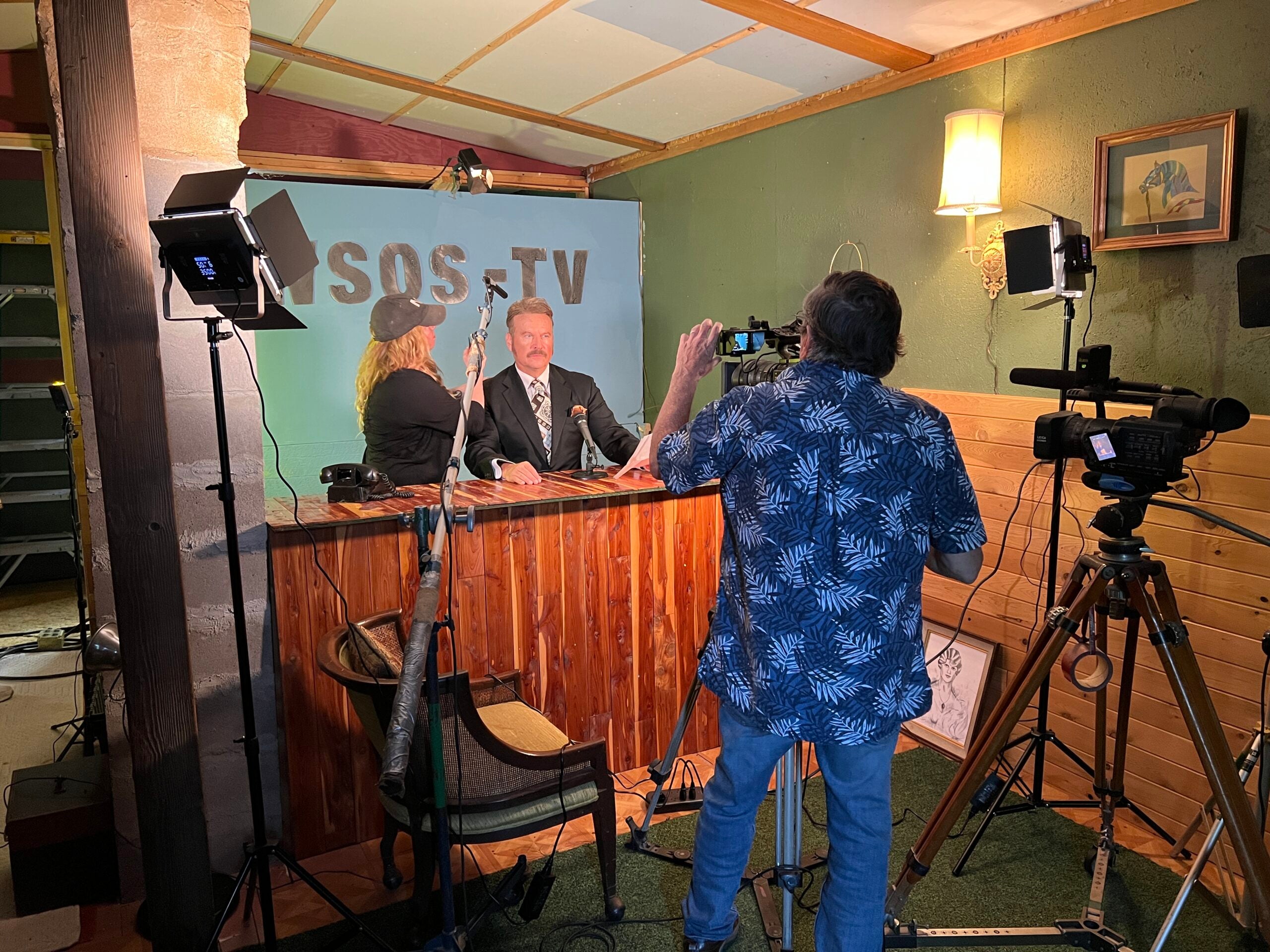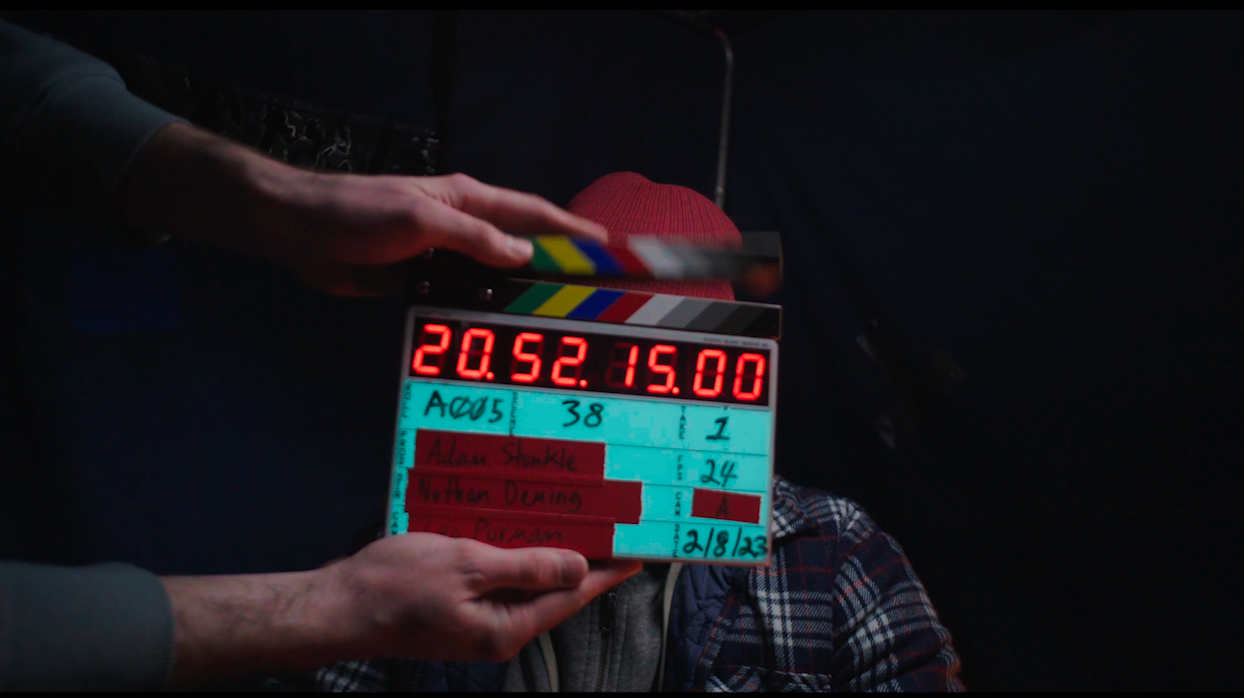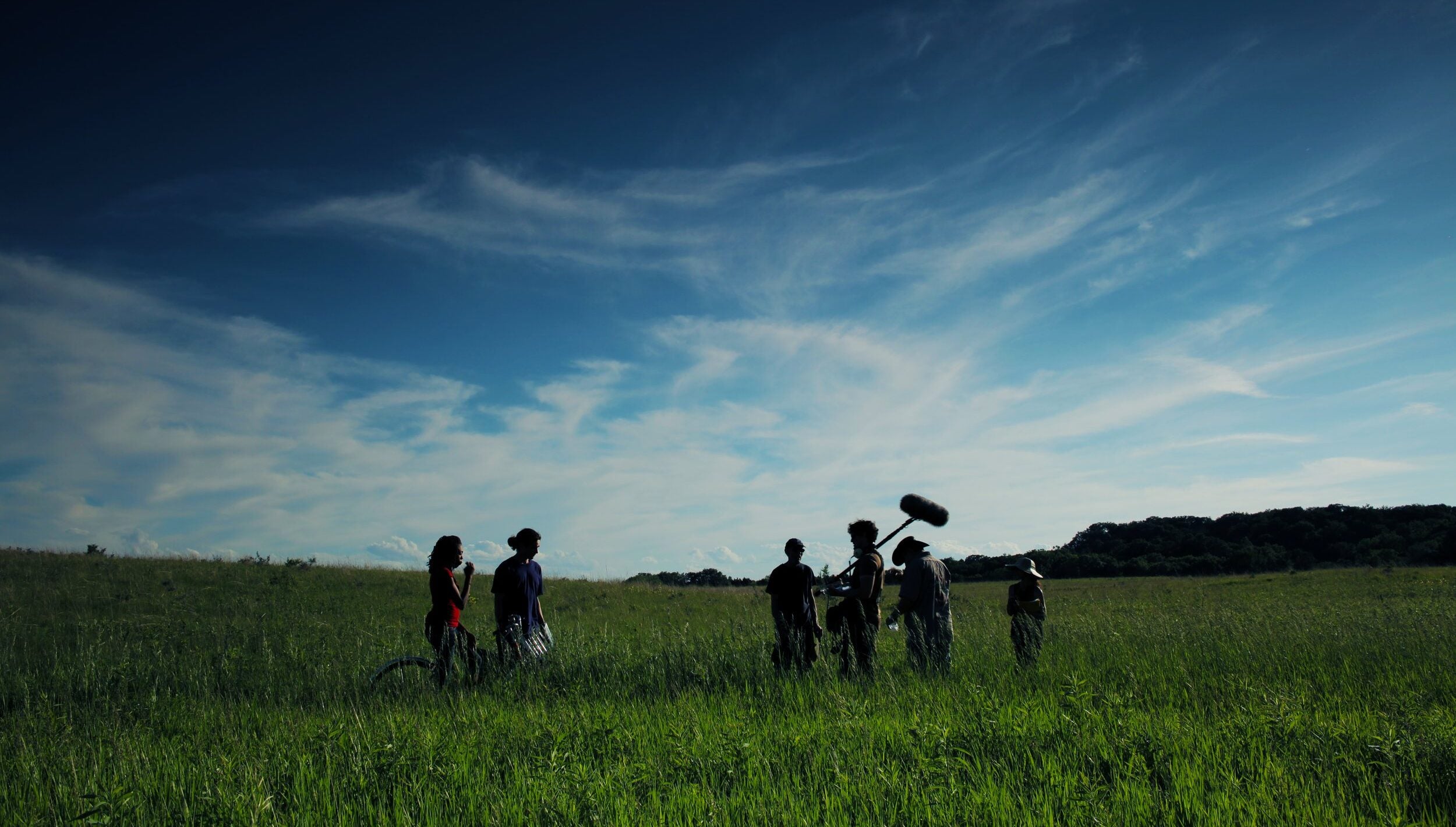Alex Kudrna owns Backyard Dream Productions in Kenosha. In the last year, three larger clients, including the TV show “Judge Mathis,” approached him to use his studio.
“That just died because we don’t have film incentives, so they ended up going to L.A.,” Kudrna said.
Kudrna’s story isn’t a unique one — Wisconsin is one of five states that doesn’t have a dedicated film office and one of 10 that doesn’t offer any production incentives for filmmakers.
News with a little more humanity
WPR’s “Wisconsin Today” newsletter keeps you connected to the state you love without feeling overwhelmed. No paywall. No agenda. No corporate filter.
A new state bill seeks to change that. The bill, which has bipartisan support, would create income and franchise tax credits for film production companies and start up a state film office, which would be attached to the Department of Tourism.
Supporters of the measure — which include Action! Wisconsin, a statewide coalition of filmmakers and producers — say the incentives will lead to more film, TV show and advertisement productions coming to the state. They believe the measure will help create jobs and bring in more money.
Wisconsin started a film tax incentive program in 2008, but that program was discontinued in 2013, according to Wisconsin Rep. David Armstrong, R-Rice Lake, the bill’s co-author.
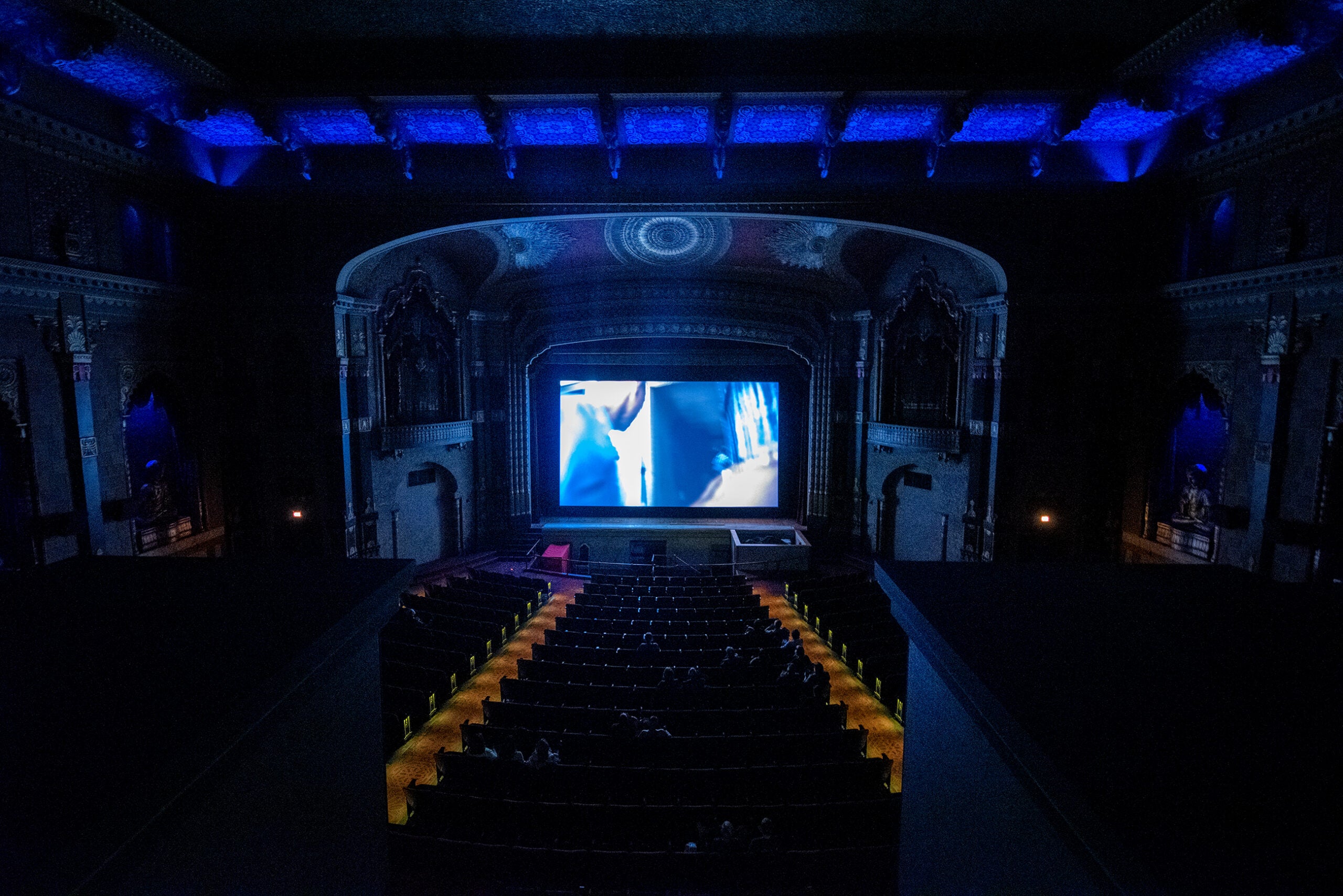
Armstrong said the goal is to renew that program.
“Well, why not Wisconsin?” Armstrong said, adding that the state’s natural landscapes and historic architecture could attract more filmmakers if the bill passes. “Virtually all the states around us … they have a film office and film (tax) credits to entice people to get in here.”
Wisconsin’s bill creates a 25 percent tax credit for salaries and wages for employees for film production services. It also offers a 25 percent tax credit for production costs. Those credits are capped at $5 million each year.
“I think it’s a win for everybody,” Armstrong added. “It’s money that wouldn’t come here unless these credits are in place.”
Illinois brought in a record-breaking $691 million in film production revenue in 2022, according to the the Illinois Department of Commerce and Economic Opportunity.
Mike Determan, a cinematographer in Kenosha, knows dozens of people who have left Wisconsin to work in film production on the east or west coast or in Chicago.
“I see a lot of people that are working from the Chicago area that are thriving because they have incentives down there,” Determan said.
In recent years, a few movies and TV shows have been shot in Wisconsin — including episodes of the TV show “Joe Pera Talks With You” and the independent film “Hundreds of Beavers.” But that pales in comparison to other states that have film offices and incentive programs.
Around 2,500 films, short films and TV show episodes have been shot in Wisconsin, compared to over 16,000 in Georgia and over 26,000 in Illinois, according to the Internet Movie Database.
Between our work ethic and our locations, we are a prime location for the film industry.
Alex Kudrna
A 2023 study in Georgia found for every $1 invested in film and television incentives in the state, there was $6.30 of economic benefit. Meanwhile, in Montana, the production of the popular TV show “Yellowstone” generated 2.1 million new visitors, $730 million in local economic activity, over 10,000 jobs and nearly $45 million in state tax revenue.
Kudrna, with Backyard Dream Productions, thinks the proposed legislation is a good first step. To him, it’s about attracting people to Wisconsin and putting people to work. Film production crews can impact other industries, including catering, restaurants, hotels, camera rentals, construction, electricians and car rentals.
“Wisconsin is a beautiful location — we have beautiful farm fields. … Up north, it looks like Germany with the forests. You can get anywhere within the state within a few hours,” Kudran said. “Between our work ethic and our locations, we are a prime location for the film industry.”
Last year, Milwaukee was the filming location of the popular cooking show “Top Chef.” According to a press release from Action! Wisconsin, the crew’s two-month stay resulted in hotel night stays generating close to $4 million.
“This influx of spending extended beyond accommodations, spilling over into local businesses and the employment sector,” the press release said. “The show’s presence also turned local eateries into hotspots overnight.”
Katie Heil with Action! Wisconsin said the group is already talking with film and industry experts in other Midwest states who are in support of the measure in Wisconsin.
“There is a potential to create a Midwest hub for filmmaking and we’re all very collaboratively talking about the possibility,” Heil said.
Wisconsin is dead last in the nation for spending on arts. The National Assembly of State Arts Agencies says Wisconsin spends about 18 cents per capita on arts funding. That’s compared to about $9.67 in Minnesota and $5.11 in Illinois.
Heil said this bill is a way to change that.
“We have such an incredible talent pipeline here and we are actually losing a lot of talent because the opportunities (are) not here,” Heil said.
“The arts are such a huge economic driver,” she added. “My hope is the state investing in the film industry, which will show a direct return on investment in the arts, will incentivize them to invest in the arts in all genres.”
Kenosha native and actor Mark Ruffalo also voiced his support of the bill in a social media post.
“Having spent the last near 4 decades in the film and television (industry), I can attest to just how much these incentives drive studios to open up shop in American states and Wisconsin would be a very attractive destination, because of its natural beauty and historical industrial cities,” Ruffalo wrote.
Rep. Armstrong said he wasn’t expecting that endorsement, but he’ll take it.
“It’s kind of fun to be able to say, ‘Hey, the Hulk supports what we’re doing here,’” Armstrong said.
The bill will likely get a hearing in the Wisconsin Assembly sometime early next year, Armstrong said.
Wisconsin Public Radio, © Copyright 2025, Board of Regents of the University of Wisconsin System and Wisconsin Educational Communications Board.

